The Future of Electric Vehicles: Trends, Tax Credits, and Best EVs in 2025
As we move towards a more sustainable future, electric vehicles (EVs) are rapidly transforming the transportation landscape. With major automakers like Ford electric vehicles, GM electric vehicles, and Chevrolet electric vehicles leading the way, there’s a growing shift from traditional gasoline-powered cars to electric-powered alternatives. But what does this shift mean for consumers? Let’s explore the latest developments in the world of electric vehicles, including electric vehicle charging, tax credits, the best EV options in 2025, and much more.
The Rise of Electric Vehicles
Electric vehicles, including battery electric vehicles (BEVs) and hybrid electric vehicles (HEVs), are becoming more popular than ever. With a lower environmental impact, zero tailpipe emissions, and reduced reliance on fossil fuels, EVs offer significant advantages over traditional cars. Leading brands such as Kia electric vehicles, Toyota electric vehicles, Chevy electric vehicles, and Ford electric vehicles are offering an increasing range of options to suit different needs. Whether you’re looking for an affordable commuter vehicle or a high-performance ride, there are plenty of best electric vehicles to choose from.
One of the key attractions of EVs is their electric vehicle battery, which is constantly improving in terms of efficiency and longevity. As battery technology advances, consumers can expect longest range electric vehicles that provide greater autonomy on a single charge.
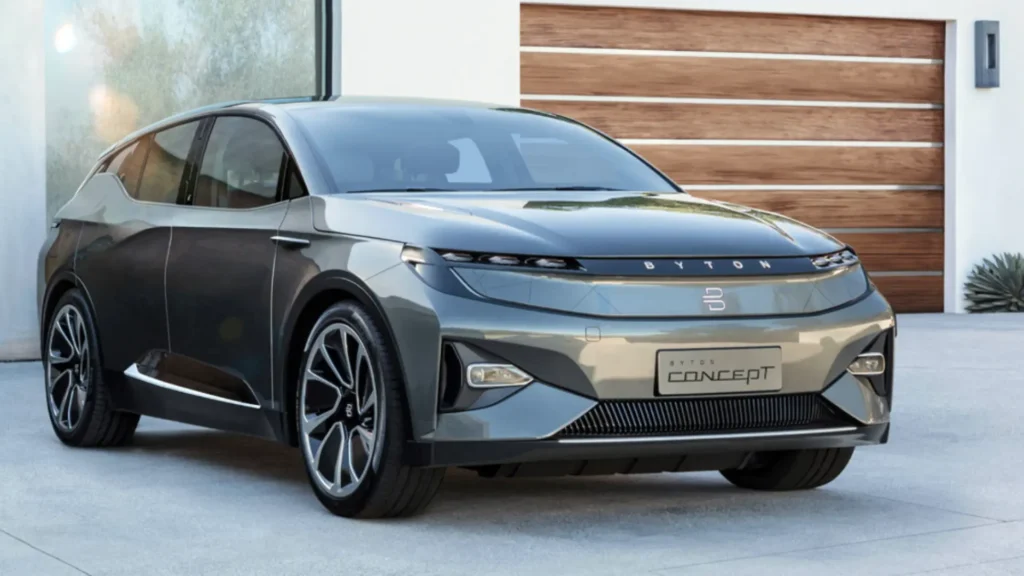
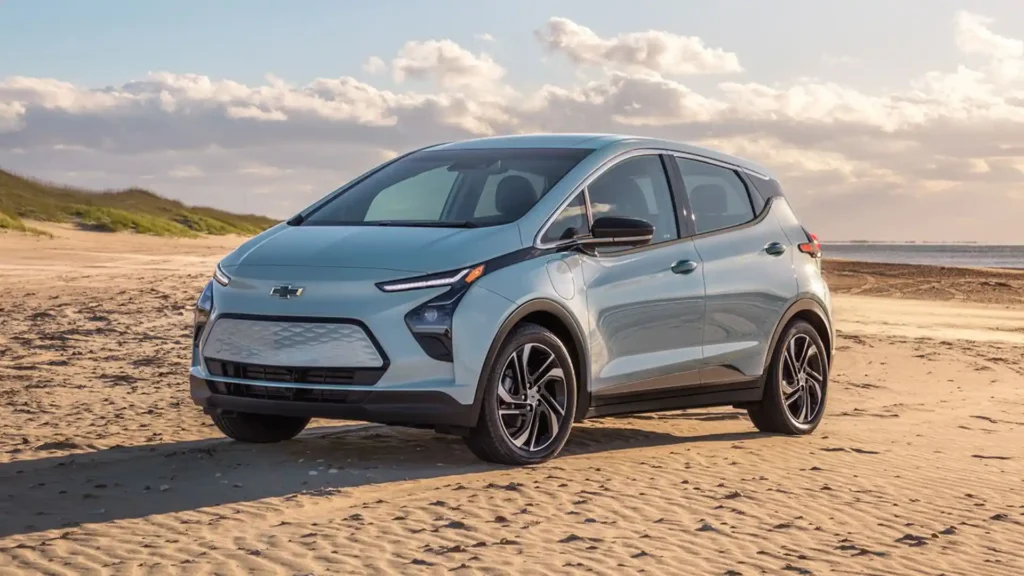
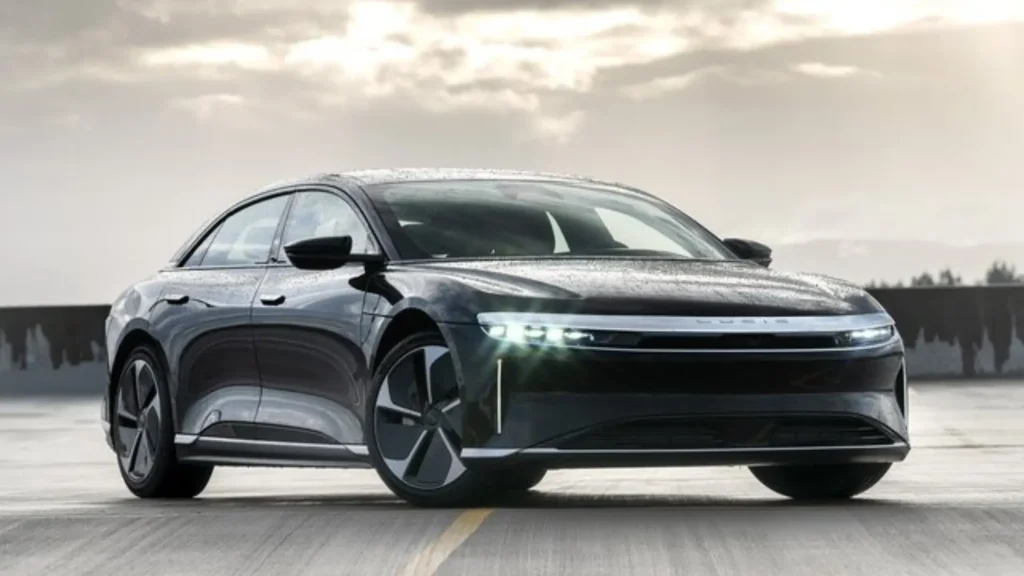
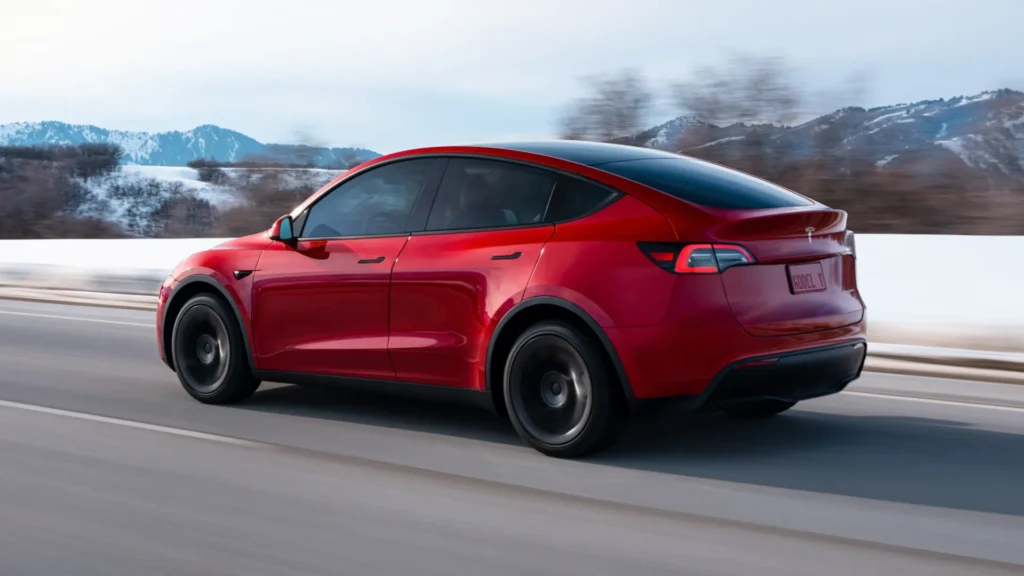
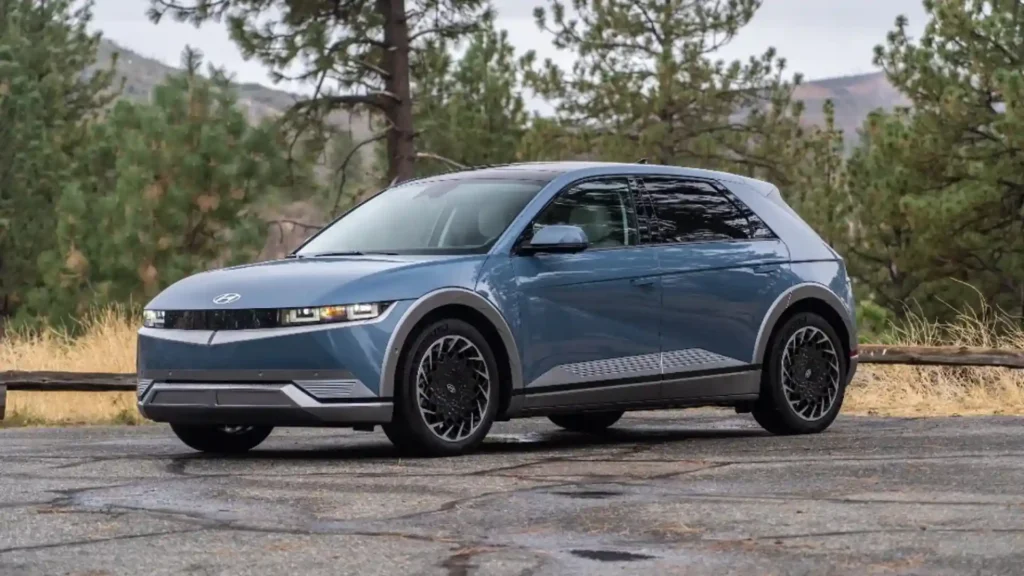
The Importance of Electric Vehicle Charging Stations
With the rise of electric vehicles comes the need for widespread electric vehicle charging stations. Whether you’re looking for a charging station near me or considering installing an electric vehicle charger at home, accessibility is becoming less of an issue. Major cities and highways are rapidly increasing the number of electric vehicle charging stations to ensure that drivers can easily charge their cars when on the go. The emergence of electric vehicle charging stations near me has made owning an EV more convenient and practical than ever.
However, while electric vehicle charging station infrastructure improves, it’s also essential to keep in mind that charging times can vary depending on the type of charger used. A fast-charging station will significantly reduce charging time, while standard home chargers may take several hours.
Tax Credits and Incentives for Electric Vehicles
As governments worldwide push for more sustainable transportation options, several incentives have been introduced to make electric vehicles more affordable. In the U.S., the electric vehicle tax credit 2025 is one of the most significant incentives available to consumers. The electric vehicle tax credit reduces the upfront cost of purchasing an EV, making it easier to transition from a gasoline-powered car to a more eco-friendly option.
In addition to the federal tax credit, some states offer rebates or additional incentives, like the California electric vehicle rebate. Other states, including Wisconsin, are implementing taxes on electric vehicle charging to offset the loss of gas taxes. The Wisconsin electric vehicle charging tax highlights the evolving nature of EV infrastructure and funding for state roadways.
However, political changes may impact these incentives. Recently, Elon Musk wants to eliminate tax credits for electric vehicles, a proposal that could alter the landscape of EV incentives. Regardless of this potential change, EVs remain an attractive option due to their environmental benefits and long-term cost savings.
The Best Electric Vehicles in 2025
With the EV market growing rapidly, many consumers are wondering, “What are the best electric vehicles 2025?” Some of the top picks include:
- Chevrolet Electric Vehicles – With the Chevy Bolt leading the charge, Chevy offers affordable options with excellent range and features.
- Ford Electric Vehicles – The Ford Mustang Mach-E is one of the most talked-about electric SUVs, blending performance with utility.
- Kia Electric Vehicles – Known for their affordability and high-tech features, Kia electric vehicles like the Kia EV6 offer a great balance of performance and practicality.
- Toyota Electric Vehicles – Although late to the EV game, Toyota is catching up with impressive models like the Toyota bZ4X.
- GM Electric Vehicles – GM electric vehicles, such as the Chevrolet Equinox EV, are poised to bring electric technology to more consumers.
Electric Vehicle Mandates and the Future
As governments push to reduce carbon emissions, many are implementing electric vehicle mandates to encourage the adoption of EVs. These mandates often include specific targets for automakers to increase the number of electric vehicles they produce. This has prompted the automotive industry to accelerate its plans to electrify its fleets, making it easier for consumers to switch to an electric vehicle.
Full-Coverage Car Warranty for Electric Vehicles
When purchasing an electric vehicle, a key consideration is the full-coverage car warranty for electric vehicles. EVs come with specific components, such as the electric vehicle battery, which can be costly to replace. Fortunately, many automakers offer extended warranties for EVs to give buyers peace of mind. A comprehensive warranty ensures that if something goes wrong, you’re covered, especially for expensive components like the battery.
Conclusion
Electric vehicles are no longer a distant future but a present-day reality. With the continuous evolution of electric vehicle battery technology, the expansion of electric vehicle charging stations, and government incentives like the electric vehicle tax credit 2025, there has never been a better time to consider going electric. Whether you’re eyeing the best electric vehicles 2025 or are interested in the longest range electric vehicle, there’s an option for every driver. As the market grows and charging infrastructure improves, it’s clear that the future of transportation is electric.
Stay informed and make the switch to an electric vehicle today — a choice that benefits both your wallet and the planet!
FAQs
1. How long does it take to charge an electric vehicle?
The time it takes to charge an electric vehicle (EV) depends on the type of charger and the vehicle’s battery size. Using a standard home outlet (Level 1 charger) can take 12-24 hours for a full charge, depending on the battery capacity. A Level 2 charger (like those at public charging stations) typically takes 4-8 hours, while DC fast chargers can provide up to 80% charge in as little as 30 minutes.
2. How much does it cost to charge an electric vehicle?
The cost to charge an electric vehicle varies based on the cost of electricity in your area, the size of your vehicle’s battery, and how much charge you need. On average, it costs between $10 to $15 to charge an EV for 200-300 miles of range. Charging at home is typically cheaper than using public charging stations, although some locations may offer free charging as an incentive.
3. What do you need to know about electric vehicle tax credits?
The electric vehicle tax credit offers consumers financial incentives to purchase new EVs, reducing the upfront cost. For the U.S., the credit can be as much as $7,500, but it depends on the vehicle’s manufacturer and battery size. In 2025, some EVs may also qualify for additional state-specific rebates or incentives, like the California electric vehicle rebate. Be sure to check eligibility and specific requirements when purchasing.
4. What is the electric vehicle mandate?
The electric vehicle mandate refers to government policies that require automakers to increase their production of electric vehicles (EVs) to meet emissions reduction targets. Many countries and states have set future targets for a certain percentage of new vehicle sales to be electric. These mandates are part of efforts to reduce carbon emissions and encourage the transition to cleaner, sustainable transportation.
5. What are electric vehicles?
Electric vehicles (EVs) are vehicles powered entirely or partially by electricity, using an electric motor instead of an internal combustion engine. EVs typically rely on rechargeable batteries for power, which can be charged through home outlets or public charging stations. Unlike traditional gasoline-powered cars, EVs produce no tailpipe emissions, making them more environmentally friendly.
6. Are electric vehicles better for the environment?
Yes, electric vehicles are generally better for the environment compared to traditional gasoline-powered vehicles. EVs produce zero tailpipe emissions, reducing air pollution and greenhouse gases that contribute to climate change. Additionally, as the electric grid becomes greener with more renewable energy sources, the environmental benefits of EVs will continue to increase.
7. Do electric vehicles have transmissions?
Electric vehicles do not have conventional transmissions like gas-powered cars. Instead of a multi-speed gearbox, EVs use a single-speed transmission, as electric motors provide instant torque and do not require shifting gears. This contributes to a smoother driving experience and reduces the complexity of the drivetrain.
8. Why are Porsche electric vehicles so heavy?
Porsche electric vehicles, like many other EVs, tend to be heavier due to the large battery packs that power the electric motors. Batteries are energy-dense but also heavy, and performance-oriented EVs, like the Porsche Taycan, require large battery packs to offer long range and high performance. Despite the added weight, these EVs are designed for superior handling and speed.
9. Do electric vehicles need oil changes?
No, electric vehicles do not require oil changes because they do not have internal combustion engines. The electric motor in an EV runs without the need for oil or other fluids used in traditional engines. However, regular maintenance is still necessary for other components, such as the battery, brakes, and tires, to ensure optimal performance.
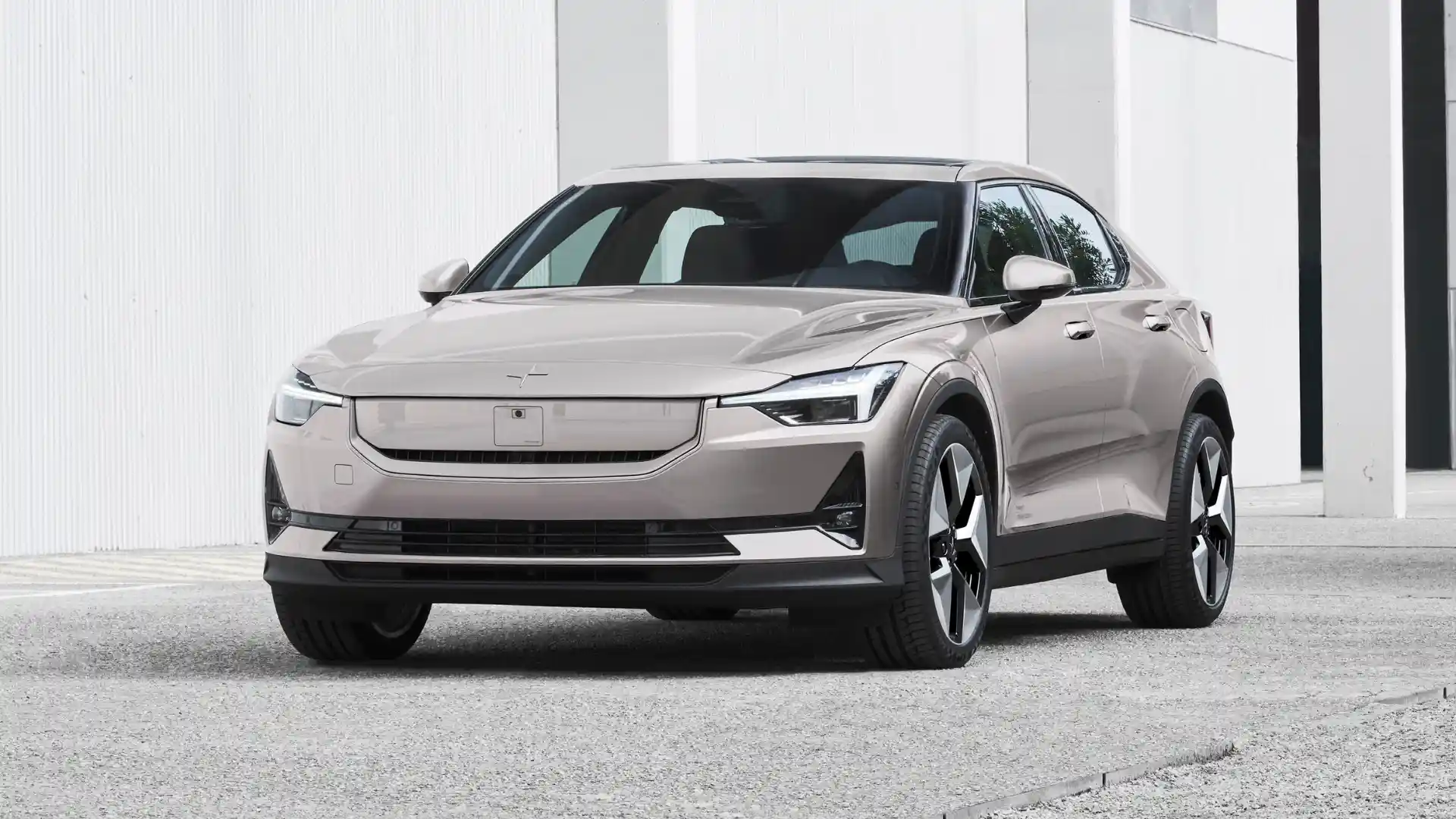







2 thoughts on “electric vehicle”